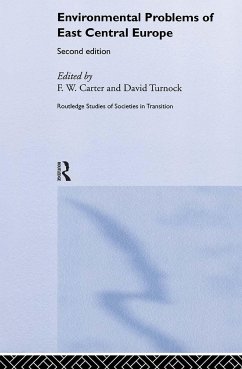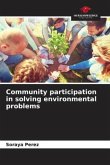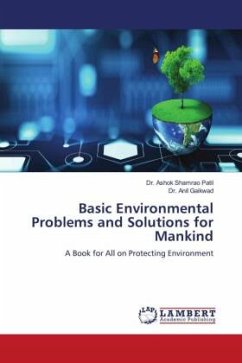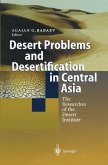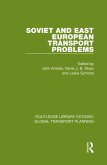In this new edition, the progress made in the last decade to solve the environmental problems described in the first edition is assessed. The attempts to bring environmental legislation into line with West European norms is also described. Environmental Problems of East-Central Europe looks at air and water pollution, modern farming, water supplies, waste management and landscape protection. These topics are placed within economic, social and political profiles, as spending on a clean environment must be reconciled with welfare spending and the safeguarding of jobs, European Union assistance, civil society and the work of environmental NGOs are also discussed. All of these matters are considered within the context of the wider geographical area and then by each individual country, including the previously communist states lying to the west of the Soviet Union (now with the former federal states of Czechoslovakia and Yugoslavia broken up into seven different entities) and a review of the former Soviet Union with particular reference to the Baltic States. Environmental Problems in East-Central Europe provides a wealth of up-to-date reference material, with a vast amount of supporting literature on environmental conditions and the functioning of civil society and a map of each country. The environment is being taken seriously by them all, such is the influence of the Rio sustainability agenda in general and the EU environmental 'acquis' in particular. The book reveals that Eastern Europe is not a blighted area, but in some respects has a higher biodiversity than Western Europe. Although there is enormous waste and inefficiency in energy use, people actually consume relatively little and the East therefore has some lessons for the West in terms of managing on the bases of 'fair share' of the earth's resources.
Hinweis: Dieser Artikel kann nur an eine deutsche Lieferadresse ausgeliefert werden.
Hinweis: Dieser Artikel kann nur an eine deutsche Lieferadresse ausgeliefert werden.

